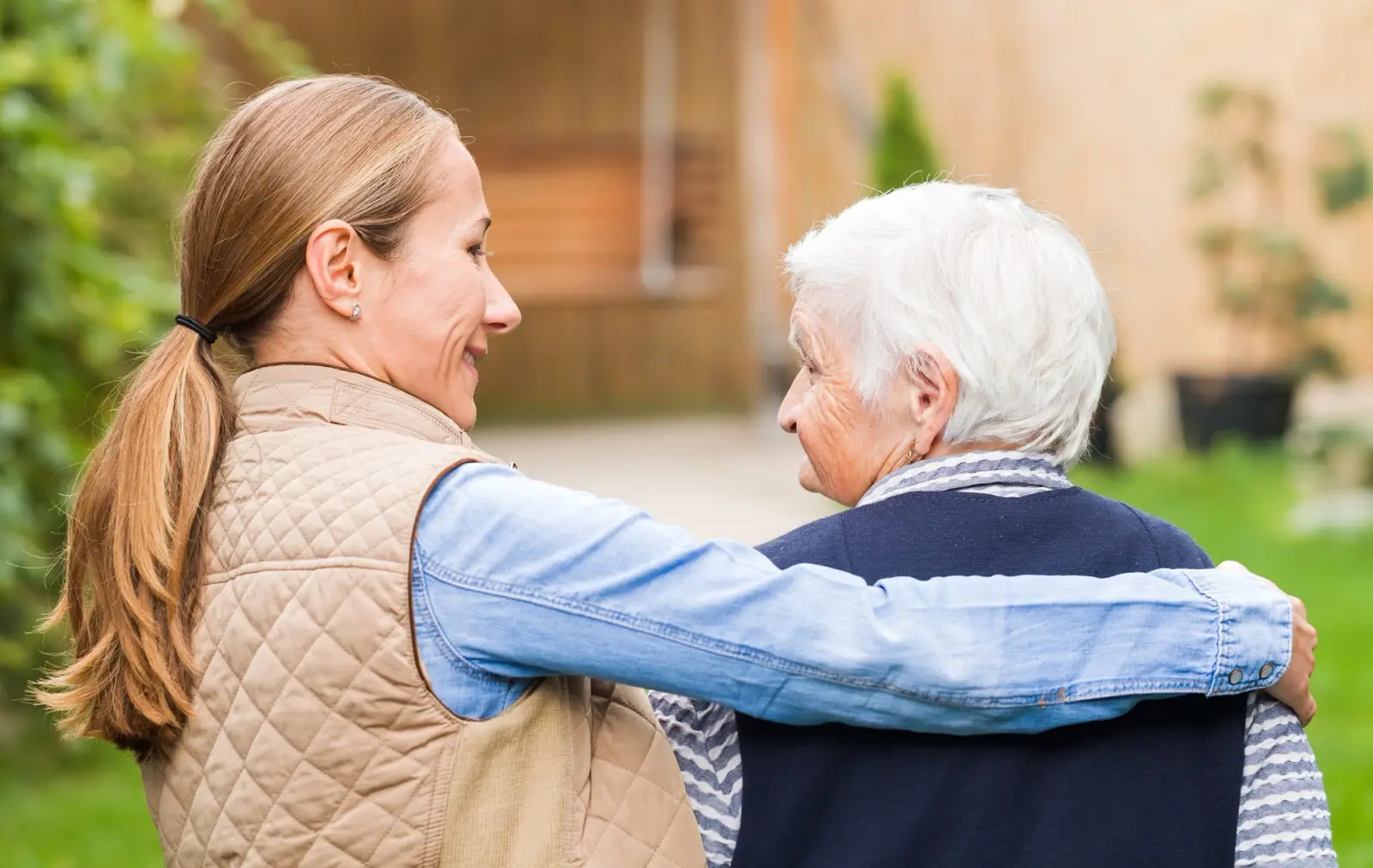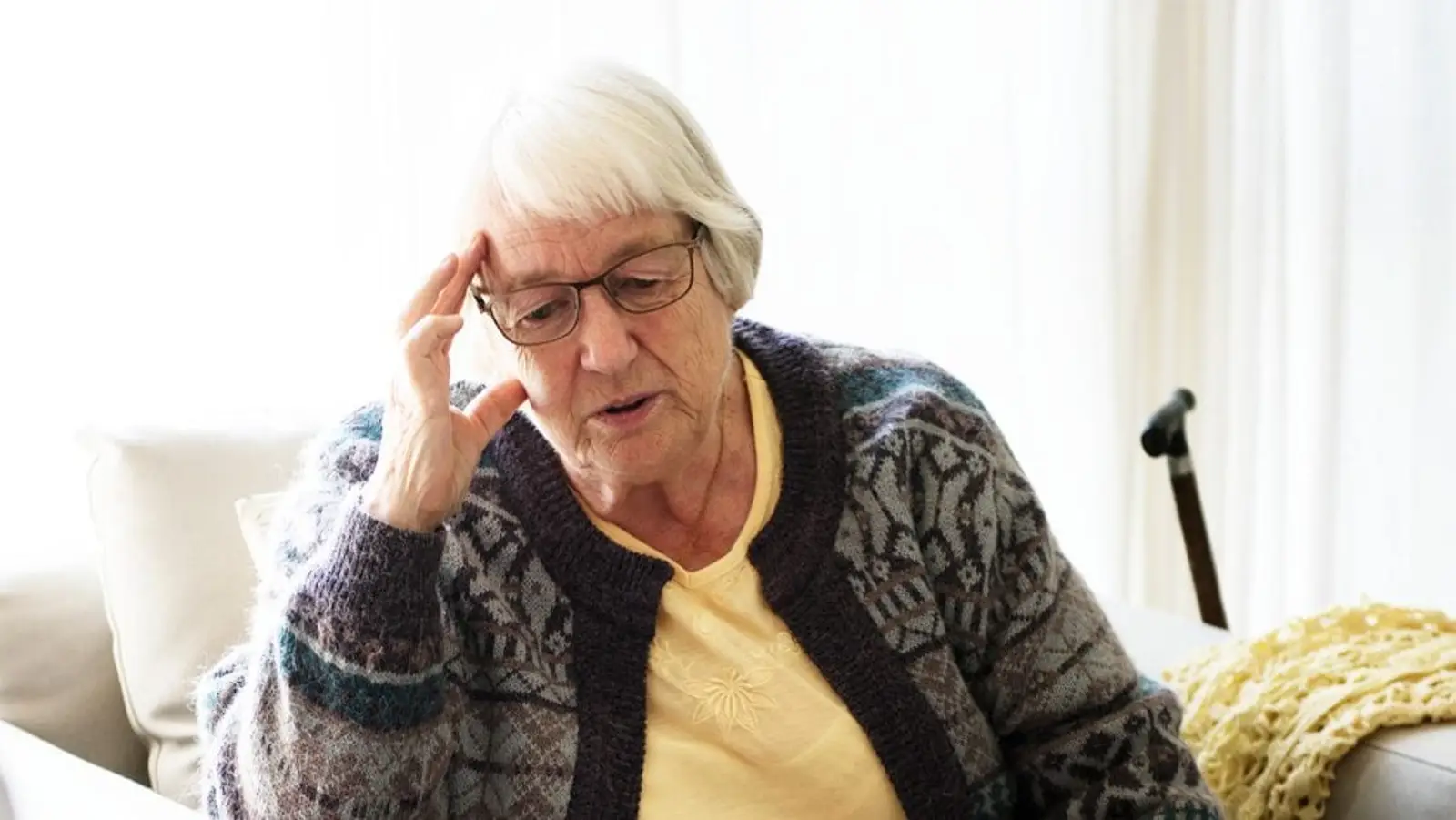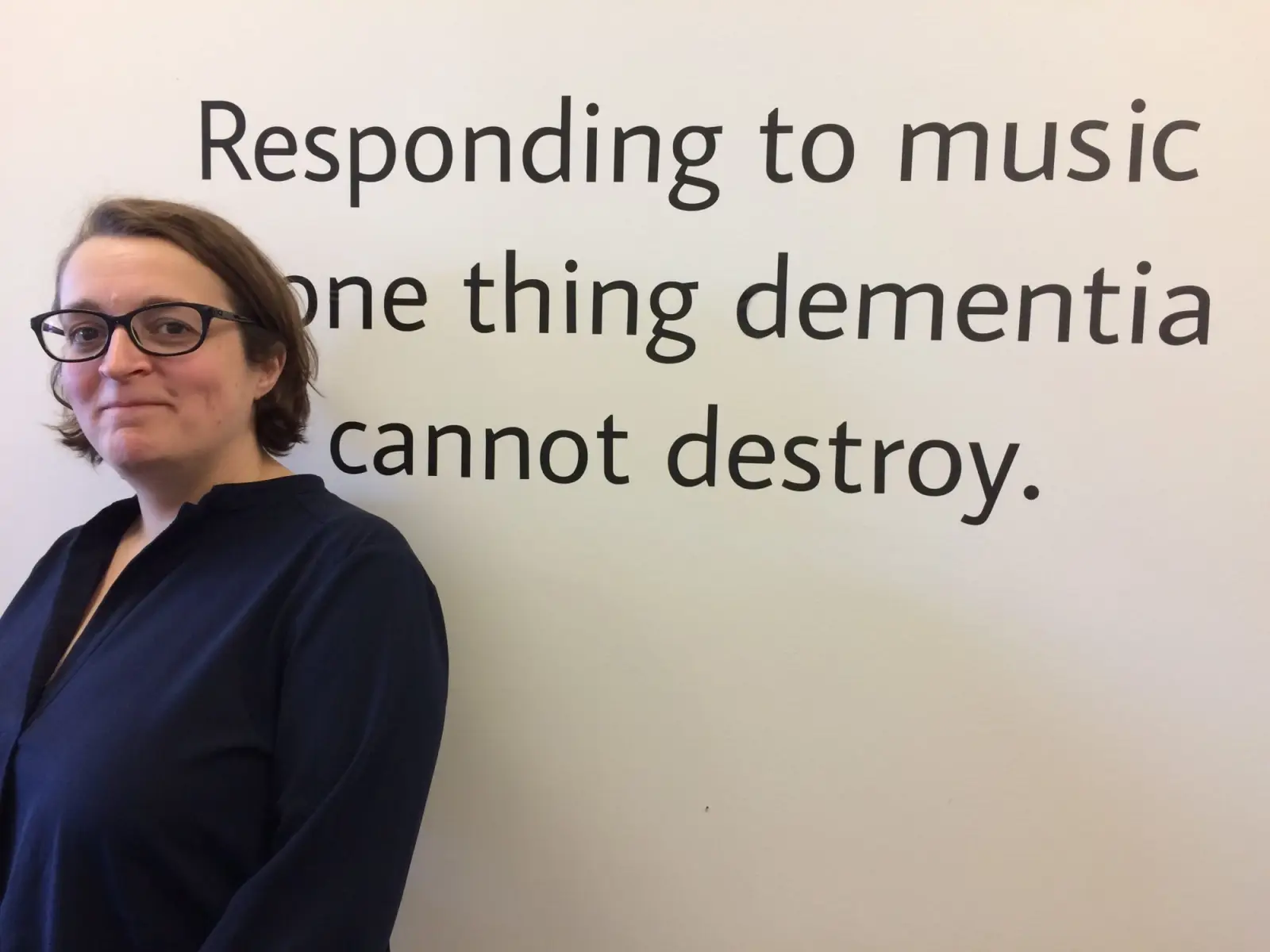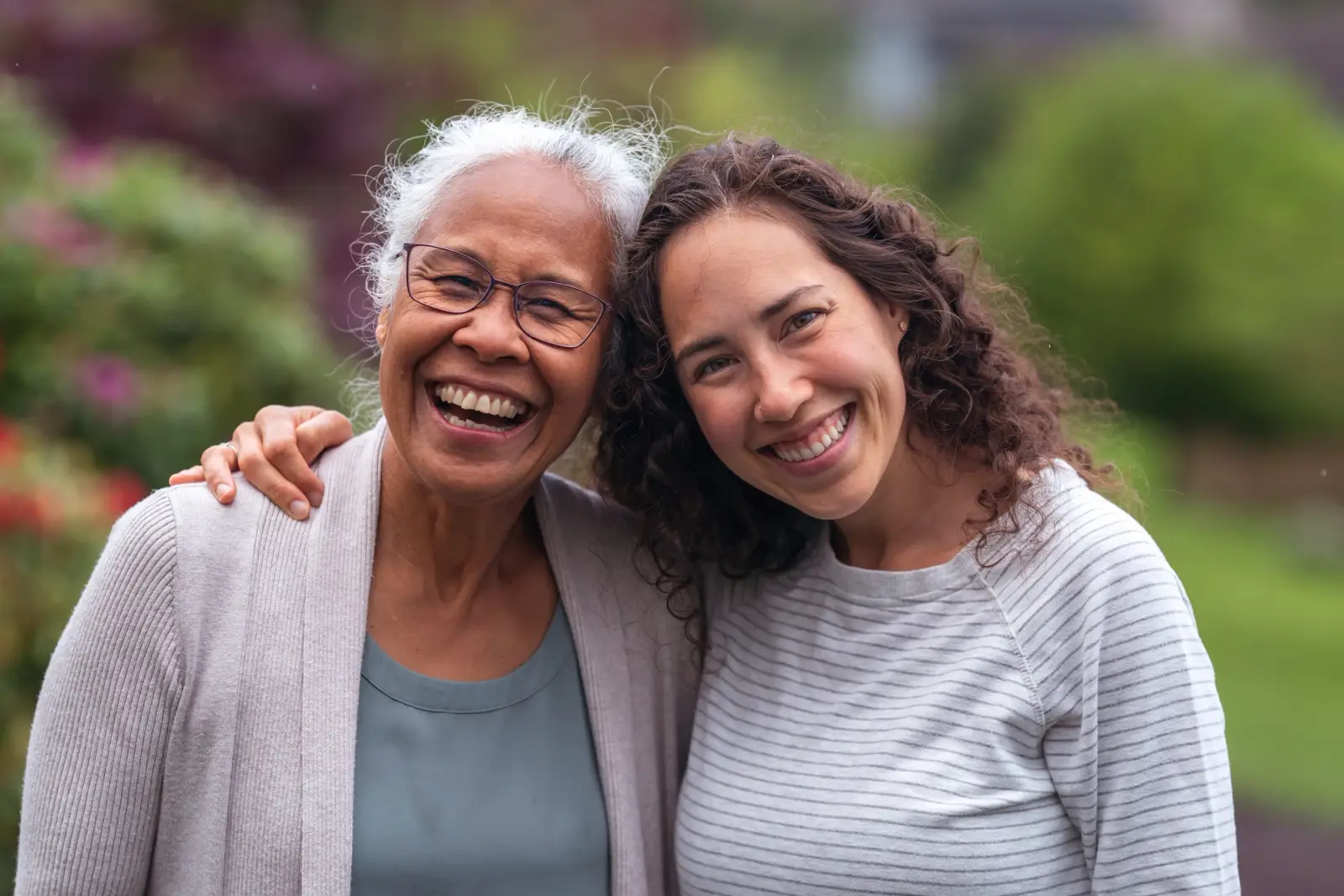How do I care for someone with early onset dementia?
3-minute read | 27/07/2025
Dementia Care

Alexis Cable
Clinical Team Member

Early Onset Dementia (EOD) affects people under 65, often in their 40s or 50s. Caring for someone with EOD comes with unique challenges due to their life stage, responsibilities, and the impact on family dynamics.
Understanding Early Onset Dementia
- EOD can progress differently and faster than later-life dementia.
- People are often still working, raising families, or active in their communities.
- Symptoms may be mistaken for stress, depression, or midlife crisis, delaying diagnosis and support.
What are the unique challenges for carers?
1. Emotional Impact
- People with EOD may still be employed, parenting, or socially active, requiring tailored care that respects their life stage and roles.
- Shock and grief are often intense because the diagnosis disrupts expected life plans.
- Feelings of isolation are common as peers and friends may not understand.
- Lack of insight may make the person feel that concerns and support are unwarranted and overwhelming.
- You may need to support the person coping with grief, anxiety, or frustration tied to lost independence and future uncertainty.
2. Family Dynamics
- Families often face intense strain, balancing care with work and childcare; carers may juggle parenting young children alongside caring for their partner or parent.
- Financial pressures increase due to lost income and unexpected care costs.
- If the person still has a young family, there will be significant home dynamics to manage alongside care for the person (e.g. young children in the home, young adult children who want to be involved in decisions, young adult children who have difficulty coping).
3. Behavioural and Psychological Symptoms
- EOD can present with mood changes, impulsivity, or socially inappropriate behaviour, requiring patience and understanding.
- EOD likely means the individual is more physically capable.
4. Planning for the Future
It is important to act early on legal, financial, and care decisions while the person can still participate.
How do I Support Someone with Early Onset Dementia?
1. Maintain Normalcy and Purpose
- Encourage involvement in hobbies, social groups, and light work or volunteering where possible.
- Structure daily routines to balance independence with safety.
2. Build a Strong Support Network
- Connect with local and online EOD support groups for advice and community.
- Involve family and friends to share caregiving responsibilities.
3. Communicate Clearly and Compassionately
- Use simple language and patience—allow time for processing.
- Focus on strengths, not limitations.
4. Prioritise Self-Care for Family Carers
- Take regular breaks and seek respite care options.
- Use counseling or peer support to manage stress.
Key Resources for Carers
- Young Dementia UK: Specialist resources and training materials for younger onset dementia care.
- Dementia UK
- Admiral Nurse Service: Expert advice on complex cases and family support.
- Local Memory Clinics: Referral pathways for assessment, medication, and therapeutic interventions





